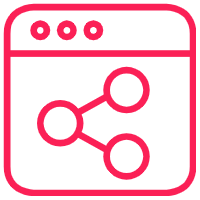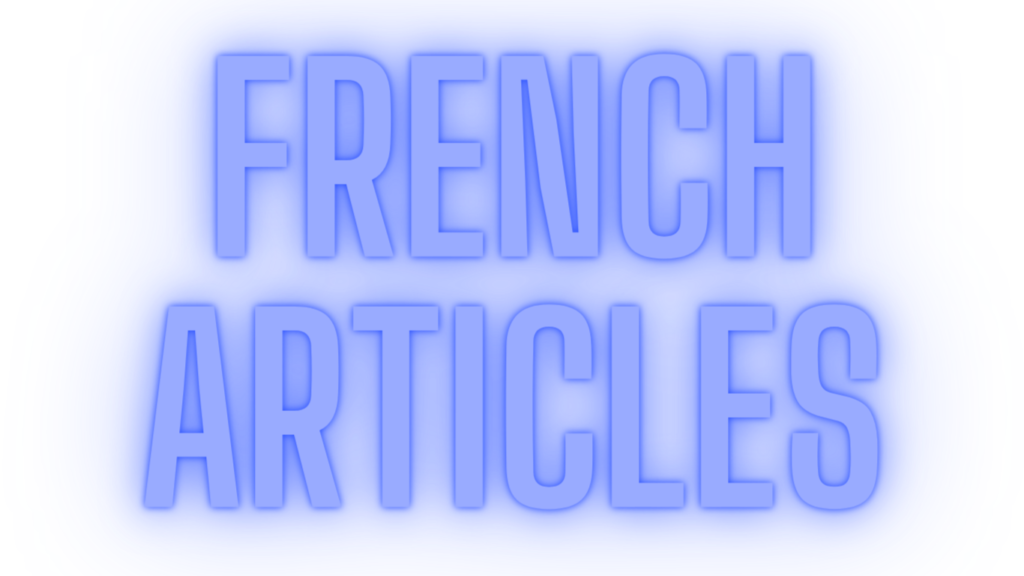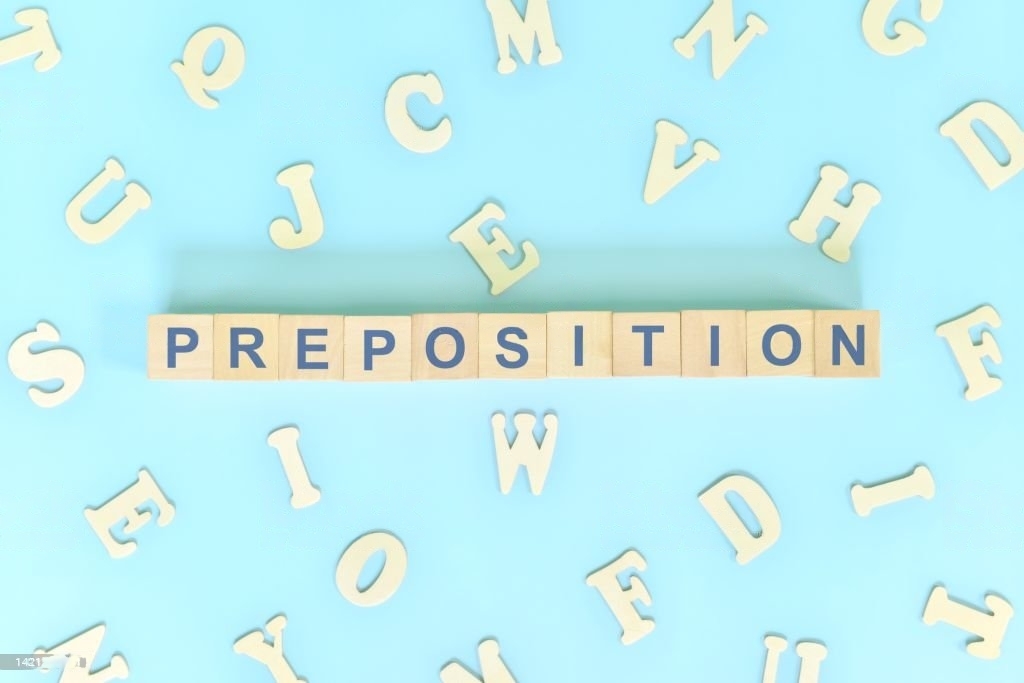What are French Articles?
Have you ever been confused by the difference between le, la, and les? French articles can be an intimidating topic for many language learners. To master them is to unlock the door to a whole new level of fluency in French! In this article, we will explore the intricacies of French articles and how understanding them can help you become an even better speaker of the language.
French articles can be a real pain in the butt. While they might seem like easy stuff, but they’re actually one of the most complex aspects of French grammar. Basically, French articles are words that come before nouns and alter their meaning in some way. There are two types: definite and indefinite. whle definite articles refer to a specific noun (le, la, les) , indefinite articles refer to any noun in general (un, une). And you also have partitive articles which indicate uncountable or singular nouns (du, de la, de l’). Hence mastering all these different kinds of French articles can be tricky for English speakers, but once you get the hang of it you’ll be speaking with more confidence and style!
Now knowing how to use French articles correctly can make all the difference in your conversations, so take some time to practice and master them. Let’s move on to a big picture overview of French grammar – and see what else we can learn!
Definite Articles
These are used before specific nouns. In English, “the” is used as the definite article. In French, there are four forms of the definite article: le, la, les, and l’. Here are some examples:
- Le chat (the cat)
- La pomme (the apple)
- Les chiens (the dogs)
- L’eau (the water)
As you will notice, “l'” is used instead of “le” or “la” when the noun begins with a vowel or a silent h. For example: l’école (the school) or l’homme (the man).
Indefinite Articles
These are beore general or non-specific nouns. In English, “a” or “an” are used as indefinite articles. In French, there are two forms of the indefinite article: un and une. Here are some examples:
- Un chat (a cat)
- Une pomme (an apple)
- Des chiens (some dogs)
Note that “des” is used instead of “un” or “une” when the noun is plural. For example: des écoles (some schools) or des hommes (some men).
Partitive Articles
They are used to indicate an indefinite quantity of a noun. In English, “some” or “any” can be used as partitive articles. In French, the partitive article depends on the gender and number of the noun. Here are some examples:
- Du lait (some milk)
- De la confiture (some jam)
- Des oeufs (some eggs)
Note that “de” is used instead of “du” or “de la” when the noun is plural. For example: des fruits (some fruits) or des légumes (some vegetables).Partitive articles in French are a tricky concept for English speakers to wrap their heads around. Basically, partitives are used when talking about portions of uncountable nouns, like food or drink. You can think of them as “some” or “any,” but they have different forms depending on the gender and number of the noun.
Exercises:
Lets do some work now, shall we??
1. _____ chat est dans le jardin. (Definite article)
2. J’ai acheté _____ livre pour mon frère. (Indefinite article)
3. Je mange _____ pomme tous les jours. (Partitive article)
4. _____ fille a gagné le concours de danse. (Definite article)
5. J’ai mangé _____ pizza pour le déjeuner. (Partitive article)
6. _____ chapeau que tu portes est très joli. (Definite article)
7. Il m’a donné _____ bon conseil pour mes études. (Indefinite article)
8. Nous avons besoin de _____ essence pour la voiture. (Partitive article)
9. _____ soleil se lève à l’est. (Definite article)
10. J’ai acheté _____ bouteille de vin pour la fête. (Indefinite article)
11. _____ cheveux sont bruns. (Definite article)
12. Tu as _____ idée de ce qu’on devrait manger ce soir ? (Indefinite article)
13. Il m’a donné _____ conseils pour réussir mon examen. (Partitive article)
14. _____ tour Eiffel est un monument célèbre à Paris. (Definite article)
15. J’ai besoin de _____ sucre pour la recette de gâteau. (Partitive article)
Answers:
1. Le, 2. Un, 3. De la, 4. La, 5. Une, 6. Le, 7. Un, 8. De l’, 9. Le, 10. Une, 11. Les, 12. Une, 13. Des, 14. La, 15. Du
On a side note, for more exercises, check out this website, you will find levels to match yours and practice a great variety of articles. Happy learning!!
Oh by the way, you can also check out my others posts here!
My Works
P.S. Are French verb conjugations nightmarishly hard for you? Or you are someone who like to learn them and practice to perfect your French? Regardless, I have written this book to help fellow learners own French conjugations like a boss!

Here I have:
- Curated a list of 100 most common French verbs with their English meanings
- 10 conjugation forms for each verb
- 200 exercises for you to practice the conjugations you will learn
- 100 beautiful French idioms to impress your crowd.
I really hope you find this book useful and use it whenever you have to quickly revise a bit of verb conjugations.

A French Bullet Agenda to help you continue your passion of the language!
I have also created a bilingual bullet agenda to help you with your linguistic journey:). You will be able to jot down:
- Important events
- Monthly weekly objectives
- Practice gratitude
- Your thoughts and priorities
- And even practice French verb conjugations 🙂
Below is a glimpse of the journal interior. I really hope it helps you in your day-to-day life from both the language and personal perspectives! 🙂







